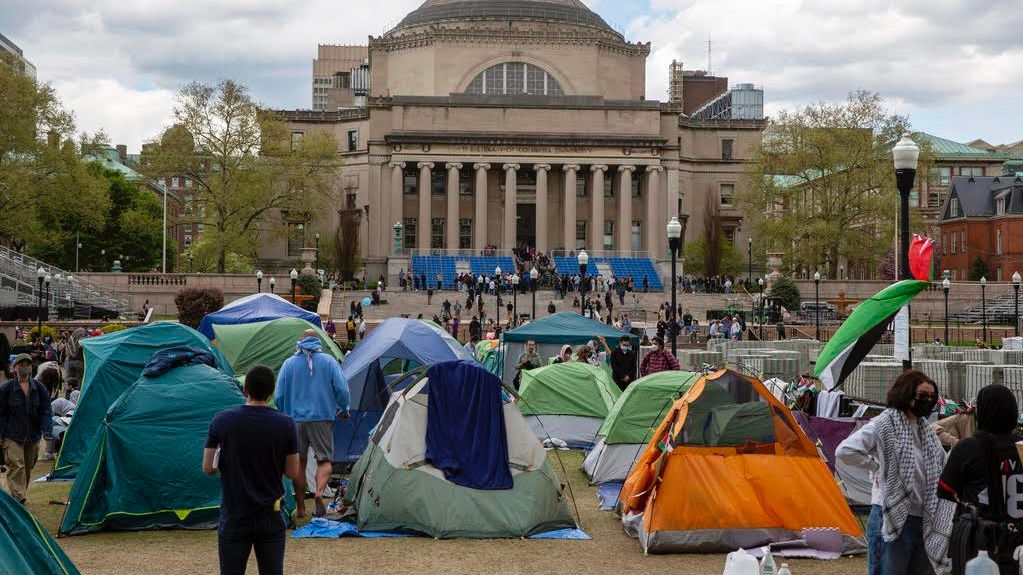A shortage of drug treatments is making it difficult for some cancer patients to receive chemotherapy treatment and for many other Americans to obtain the medicine they need to stay healthy.
The shortage is so severe that one in three hospitals has skipped, delayed or prescribed less medication because of supply gaps, according to a study by the American Society of Health-System Pharmacists.
“Everyone’s seeing that there is a failure in the market to get drugs to the people who need them most,” Health and Human Services Secretary Xavier Becerra told Spectrum News. “It’s unacceptable because if a manufacturer of a very important drug doesn’t take care of making sure that the consumers of that medication can have access to it for a good price, then what good is it to have that drug?”
Becerra said his agency is working with the pharmaceutical industry and with Congress “to make sure that drug shortages do not occur.”
Specifically, he said the department is beginning to negotiate with the manufacturers of 10 “very high-cost drugs to make sure that the American public is getting a fair price for those medications.”
Americans pay as much as three times more for prescriptions drugs than people in other parts of the world, including some drugs that are manufactured in the United States.
White House Domestic Policy Adviser Neera Tanden said last month that almost three in 10 Americans do not take their medications as prescribed because of costs and are missing doses, cutting pills or skipping prescriptions entirely because they can’t afford them.
The Biden administration has proposed multiple plans to help reduce health care costs, including prices for prescription drugs. Last month the White House proposed a new rule that would speed up patients’ ability to substitute prescriptions with similar, lower-cost options. As part of that plan, HHS would develop a plan to promote so-called biosimilar generic drugs that can be provided to patients for less money.
Market failure is driving much of the pharmaceutical pricing and availability problem, according to Becerra, who called on Congress to intervene to make the industry more transparent.
In July, a bipartisan group of Senators introduced legislation to fight drug shortages by building and maintaining reserves of critical medications and their key ingredients and reducing reliance on foreign drug makers. The Rolling Active Pharmaceutical Ingredient and Drug Reserve Act would require the HHS to award contracts to drug manufacturers that are based in the United States or in countries that are part of the Organization for Economic Cooperation and Development.
This week, during a Senate Finance Committee on drug shortages, Sen. Sherrod Brown, D-Ohio, reiterated the need for Congress to pass the legislation.
“We shouldn’t have to rely on foreign countries, and in many cases foreign competitors, for the drugs Americans rely on,” Brown said. “A stronger domestic pharmaceutical supply chain will help to prevent those shortages and those delays.”
According to the U.S. Food and Drug Administration, just 28% of the manufacturers supplying pharmaceuticals to the U.S. market are in the United States. India makes almost half. China makes 13%.









